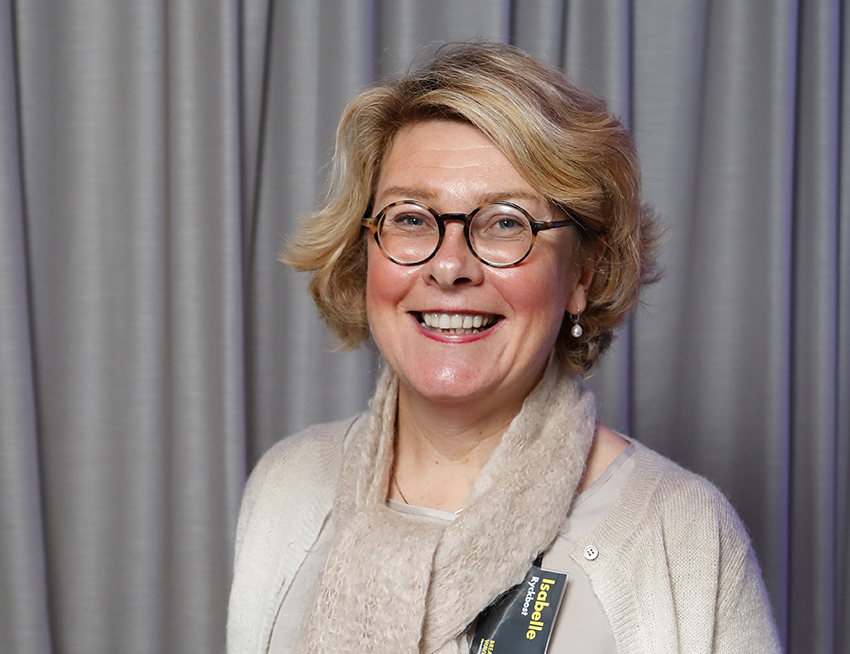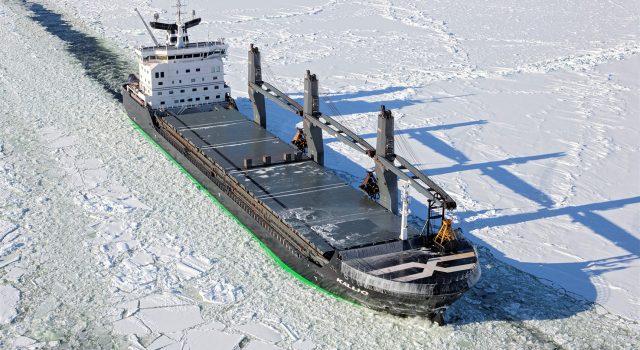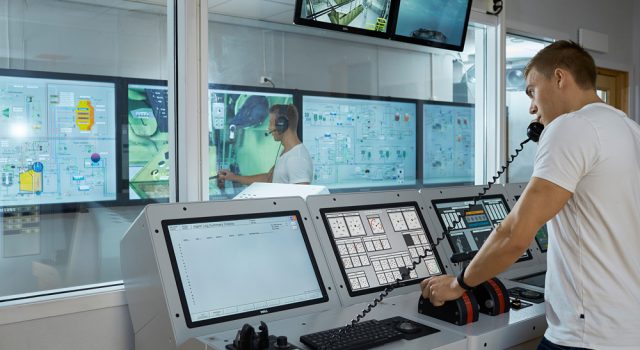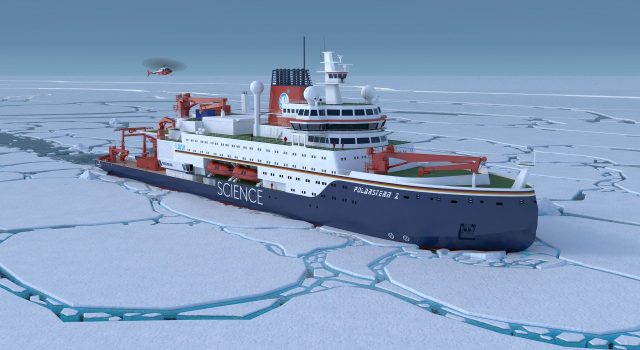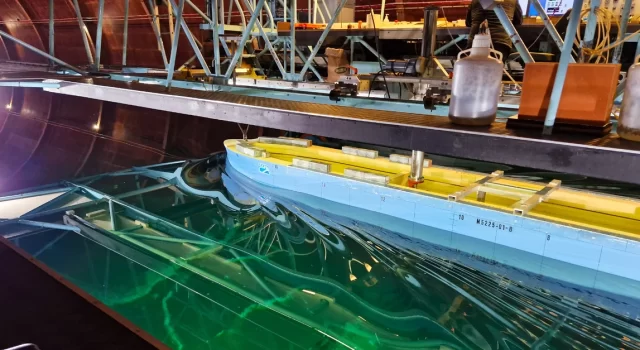With increasing urbanization, many large European cities have ports that contribute not only to the economy, but also as community assets. “It’s important for citizens to understand that and not only focus on externals, but also seeing the value of having a port nearby,” she said.
Ryckbost, who has been in the ESPO leadership position since 2013, made her comments during an interview at Breaking Waves 2018 in Helsinki. The European maritime cluster event was part of Slush, the world’s largest startup convention.
Before assuming her current role, Ryckbost was the director of the European Federation of Inland Ports (EFIP), as well as a senior advisor to ESPO for four years. She also worked in European Union public affairs for 20 years.
As such, she said it is important for the EU and the maritime cluster to maintain a strong investments relationship for the future.
“I think for the EU is always a good partner,” she said. “The advantage of Euro legislation is it is an open process. We do not always agree or obtain what we want, but the dialog is important.”
She also said it is critical to understand that public and/or private investments in the shipping industry sometimes have a long-term payoff. Digitalization, automation and environmental issues are among the major issues for the maritime cluster that require investment in the coming years, she said.
“If you have an essential role in energy, not all investments have a direct return,” she said. “The return on those investments is slow, but the added value for the region is very huge. That’s why we need public investments or for Europe to help. But with environmental and digitization (concerns), sometimes it’s a big risk to invest in those.”
“It’s about recognizing the strategic importance of ports,” she said. “It’s not just about letting ships in and out, but as a lifeline. It’s especially important for a country like Finland, which is tied to the sea in so many ways.”
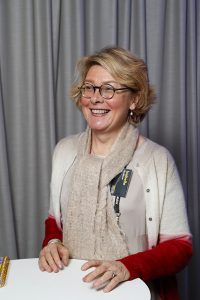
Ryckbost said she was particularly encouraged by the influx of young talent attracted by the Slush convention. Like many in the industry, she believes it is vital for shipping to recruit and attract new blood with high-tech minds to an industry often characterized by laborious dock work.
“One very important thing is to broaden the maritime industry,” she said. “It’s not just for tough, physical jobs, but all kinds of jobs. We’re trying to attract professional IT and communication people who will bring modern profiles into the maritime industry.
“That will be a game changer for us, a way of looking forward – challenging behaviors on how people react to societal changes in the digital world.”
As the maritime industry becomes more international, she said it is vital that European ports share data as much as possible in the digital age.
“We believe it is an industry-driven thing to share the data,” Ryckbost said. “The future is about sharing data on the commercial end. It’s an industry thing, not a government thing to share the data. These are important messages going forward.”
She said the European maritime cluster leaders were very encouraged with the outcome of the think tank attached to Breaking Waves. She was happy that there is a consensus about finding ways to meet future standards for lowering the shipping industry’s carbon footprint for the future.
“The big challenge is decarbonization,” she said. “We have to accommodate for climate change. It’s important for the EU to push for that.”
Text Michael Hunt
Photo Antero Aaltonen
.


